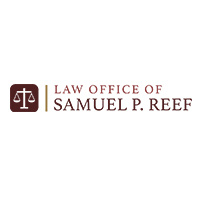Norfolk County, MA DUI-DWI Lawyers
Sponsored Law Firm
-
 x
x

Click For More Info:
-
Adam P. Beck, M.D., Esq.
25 Marston St Suite 303 Lawrence, MA 01841» view mapAccident & Injury Law Legal Expertise You Can Rely On
By working with lawyers who are also doctors, clients can benefit from advocates who have a deeper understanding of their physical injuries, medical needs, and prognoses.
800-383-8491
Samuel P. Reef
✓ VERIFIEDCar Accident, Bankruptcy, Divorce, DUI-DWI
Samuel Reef is a practicing lawyer in the state of Massachusetts. He received his J.D. from Suffolk University Law School in 1994. He currently works ... (more)
Philip L. Arnel
DUI-DWI, Criminal, Insurance, Personal Injury, Accident & Injury
Status: In Good Standing Licensed: 30 Years
FREE CONSULTATION
CONTACT Adam Beck Lawrence, MA
Adam Beck Lawrence, MA AboutAdam P. Beck, M.D., Esq.
AboutAdam P. Beck, M.D., Esq. Practice AreasExpertise
Practice AreasExpertise

